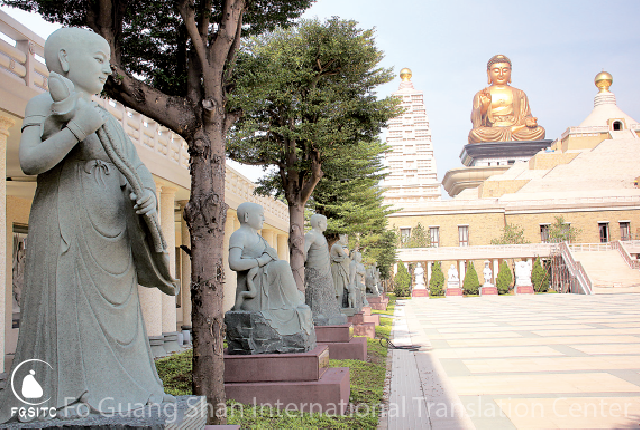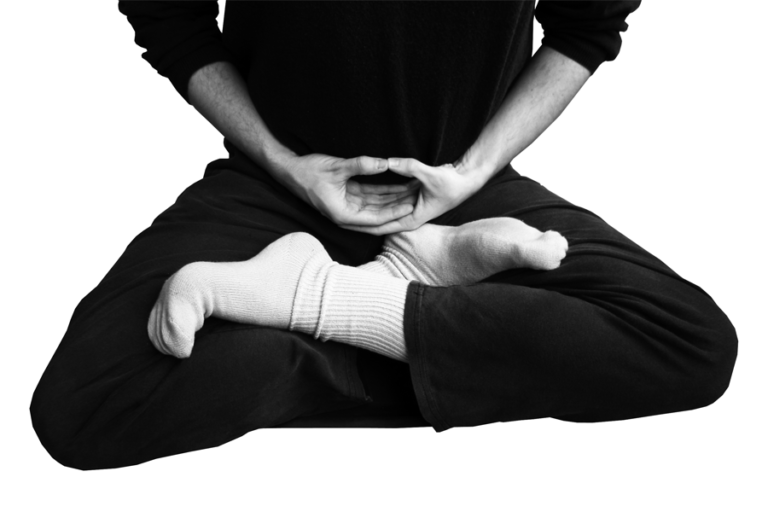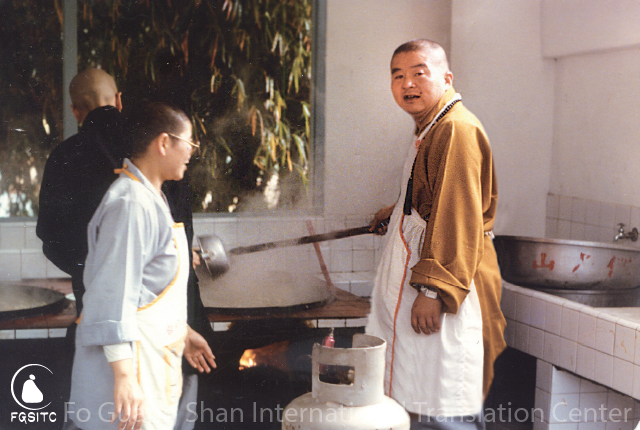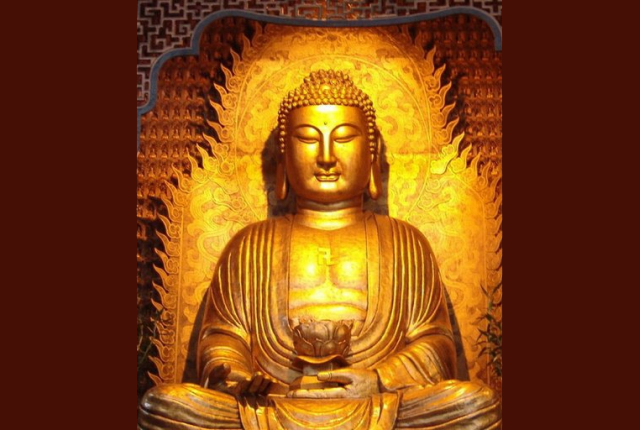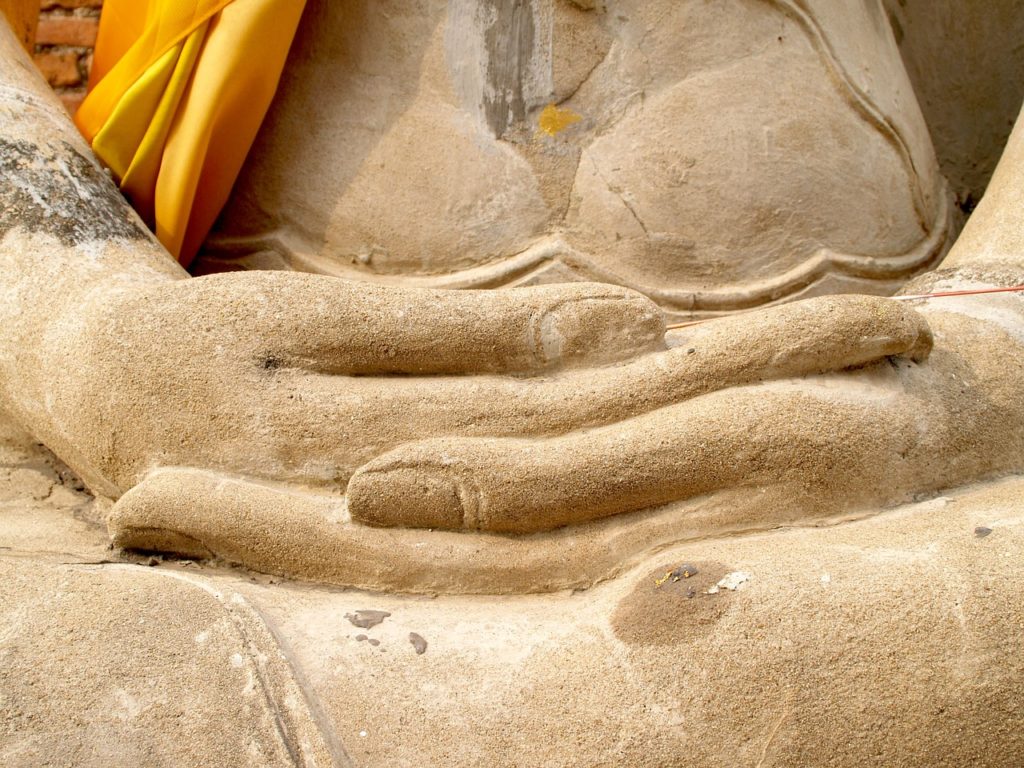
One of the biggest weaknesses in today’s society is that we have developed the habit of not saying we are sorry. Once we grow up and rise in status and knowledge, apologizing becomes harder and harder. But human beings are not perfect sages and we all make mistakes. Being able to correct our mistakes is a virtue in itself. This ability to amend our actions is what allows us to make progress.
Human beings are not perfect sages and we all make mistakes. Being able to correct our mistakes is a virtue in itself. This ability to amend our actions is what allows us to make progress.
It is important that we know when we cause harm to others, and that we want to make amends. Some ask, “Would the Buddha scold people?” Actually the answer is yes, but always with creativity and tact.
What is the benefit of admitting your faults? Saying that you are sorry can sometimes make all the difference. When a parent is staring down their child, about to burst into anger at some misdeeds, a simple apology said at the right time makes all the difference in the world.
In order to live in a community, the first and foremost thing is learning how to apologize. When small trifles never become big issues, families and friendships are built unhindered. If you really want to bicker, limit yourself to one sentence and force yourself to stop. Otherwise it will endlessly go back and forth.
There is no shame in parents admitting faults to their kids or teachers acknowledging mistakes to students.
Sages of the past earned their revered status in part because they had no trouble saying, “I’m sorry.”
To do or say something wrong is not so terrible. What is important is that we correct our mistakes. The great sages of the past do not tell us to live perfectly, but instead say, “There is no greater benevolence than admitting one’s transgressions and correcting one’s mistakes.”
In Buddhism, the monks need to uphold two hundred and fifty precepts, while the nuns order has three hundred and forty-eight precepts, and lay Buddhists take five precepts, and sometimes the “Bodhisattva precepts.” It is a major commitment to expect someone to take all five precepts at one time. Instead, we can ask that people take some precepts and uphold them to the best of their abilities.
Inevitably, people’s observance of the precepts is imperfect, but it is personal ethical training. Never beat yourself up for mistakes. Just sincerely admit your faults and commit to improve. While we can all apologize for our wrongdoing, it is not so easy to apologize for faults that arise due to wrong views. Wrong views are those that fundamentally oppose Buddhist principles, and as such can lead us to do serious harm.
People are very good at making excuses. For example, someone who is late to a meeting might say, “A phone call came in when I was ready to step out” or “A friend suddenly visited me” or “It was raining and the traffic was heavy.” Never admitting one’s faults is hardly a laudable quality. But, if we can learn instead to admit when we do something wrong, our world can shift from one of conflict and competition to one of peace and cooperation.
It is always beneficial to be aware of our transgressions, great or small, and constantly work to improve ourselves.
Read more from Endless Knot, by Venerable Master Hsing Yun.
Image from Pixabay.




